 Big Data Hadoop
Big Data Hadoop
Best Big Data Courses
Master the most sought-after Big Data tools and technologies, get certified, and lead data-driven projects that empower smarter business decisions.
 30884 Learners
30884 Learners
 4.7/5 Stars
4.7/5 Stars
Become an expert in Big Data
Explore our Big Data certification courses.
 Big Data Hadoop
Big Data Hadoop
 Hadoop Administrator
Hadoop Administrator
Who Should be Attending?
Benefits from Big Data training.
- Data Engineers, Data Architects, and Data Scientists
- Professionals looking to upskill to handle larger datasets
- Executives working on data-intensive applications
- Database Administrators (DBAs)
- Administrators managing large-scale infrastructure
- Transition into data engineering or big data roles
- Graduates in Computer Science or quantitative fields
- Leaders looking to understand big data's potential

Frequently Asked Questions
Big Data refers to extremely large and complex datasets that cannot be easily managed or processed with traditional data-processing tools. It's defined by its volume, velocity, and variety.
The 3 Vs are the core characteristics of Big Data: Volume: The sheer amount of data. Velocity: The speed at which new data is generated. Variety: The different types of data (e.g., text, images, sensor data).
Big Data allows organizations to analyze massive datasets to uncover hidden patterns, market trends, and customer preferences. This leads to smarter decisions, more efficient operations, and new revenue streams.
The main difference is scale. Big Data requires specialized tools and distributed computing systems (like Hadoop and Spark) to process information that would overwhelm a single server or database.
Hadoop is an open-source framework that allows for the distributed processing of large data sets across clusters of computers. It is a foundational technology in the Big Data ecosystem.
As companies collect more data than ever, they desperately need professionals who can build the systems to manage, process, and analyze it. This has created a significant talent gap and high demand for these skills.
Common roles include Data Engineer, Big Data Architect, and Data Scientist. These are some of the most sought-after and highest-paying roles in the technology industry.
By analyzing massive datasets, companies can optimize pricing, predict customer behavior, improve marketing campaigns, and create new data-driven products and services.
No. Many Big Data roles, like Data Engineer, are focused on building and maintaining the data infrastructure (the "pipelines"). These roles are more about software engineering and systems architecture than statistical analysis.
Yes. The amount of data being generated globally is growing exponentially. The need for professionals who can manage and interpret this data will continue to increase for the foreseeable future.
You will learn how to use core Big Data technologies like the Hadoop ecosystem and Apache Spark, how to design and build data pipelines, and how to manage data processing at a massive scale.
A Data Engineer is a professional who designs, builds, and manages large-scale data processing systems. They are the architects who make Big Data analytics possible.
A background in IT or software development is very helpful, as Big Data roles are often technical. However, motivated professionals from other fields can successfully transition with the right training.
Apache Spark is a powerful, open-source data processing engine that is known for its speed. It is often used alongside Hadoop for fast analytics, machine learning, and data streaming.
Yes. Industries from finance and healthcare to e-commerce and media are all leveraging Big Data to gain a competitive edge, making these skills highly transferable.
We focus on hands-on, real-world applications. Our courses use massive datasets and practical labs to ensure you learn how to build and manage systems at scale, not just in theory.
Our instructors are certified Big Data architects and senior data engineers with years of experience building and managing large-scale data infrastructure for top companies.
You will gain hands-on experience with the entire Big Data ecosystem, including Hadoop, Spark, and other critical tools. We provide dedicated support to help you master these complex technologies.
Yes, we provide tailored programs to help upskill your data and engineering teams, enabling your organization to build the robust infrastructure needed to leverage Big Data effectively.
You learn to build what companies need. We equip you with the practical, in-demand skills to become a highly competent Data Engineer or Big Data professional, ready to tackle complex, large-scale challenges.

Corporate Training
- Customized learning delivery model
- flexible pricing options
- 24/7 learner assistance and support
- enterprice-grade learning management system (LMS)
- Dashboard for individual and teams
- Dedicated account manager
The Big Data Industry
Why Big Data is a smart career move
The Big Data Industry In today's digital-first world, the cloud is not just a technology—it's the foundation of modern business. From startups to global enterprises, companies rely on cloud platforms like AWS and Azure for the power, scalability, and security they need to innovate and compete.
Skilled cloud professionals are the essential engineers and architects who build and manage this critical infrastructure. A certification doesn't just teach you a platform; it proves you have the validated expertise to be trusted with a company's entire digital operations, making you one of the most in-demand professionals in the tech industry.
of businesses need experts to manage unstructured data. Your skills are essential.
of executives agree: not using Big Data is a major competitive risk.
estimated size of the Big Data Analytics Market in 2023.
average profit increase for businesses that leverage Big Data
of organizations are now investing in Big Data and AI. Don't fall behind. .
Related Blogs View All

yt
jyt

5 Trends that can Shape Your Content Marketing
The future of content marketing demands a shift. Discover 5 key trends—from SGE to human-first strategy—to captivate and
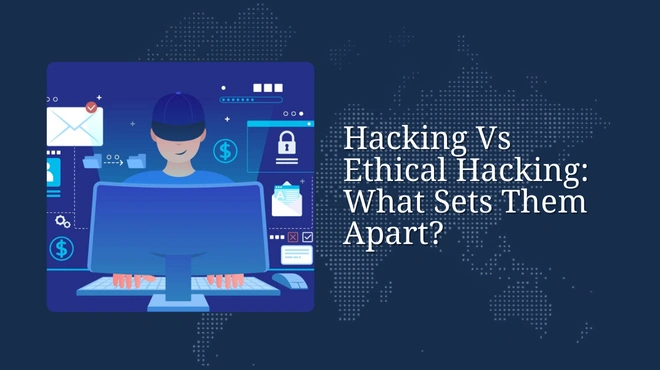
Hacking Vs Ethical Hacking: What Sets Them Apart?
Criminal or compliant? Master the definitive difference between Hacking and Ethical Hacking. Learn the legal, intent, and career

7 Best AI Startup Ideas for 2026 That
Unlock the best AI startup ideas anyone can start in 2026. Discover 7 low-investment artificial intelligence business models
.webp)
How To Make A YouTube Video Viral?
Stop hoping for luck. Discover the advanced YouTube video SEO and content secrets that help experienced professionals engineer
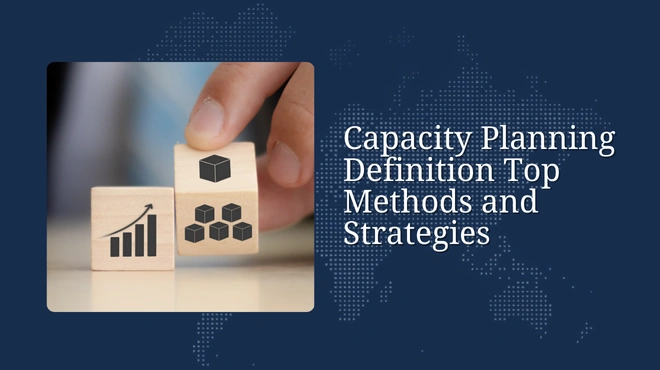
Capacity Planning Definition Top Methods and Strategies
Master capacity planning, key methodologies, and capacity utilization with this guide built for seasoned professionals focused on smarter
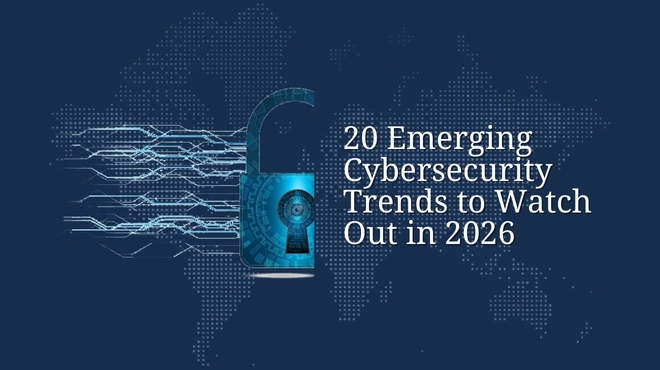
20 Emerging Cybersecurity Trends to Watch Out in
Stay ahead with the top 20 emerging Cybersecurity trends for 2026, from AI-driven attacks to supply chain risks—essential
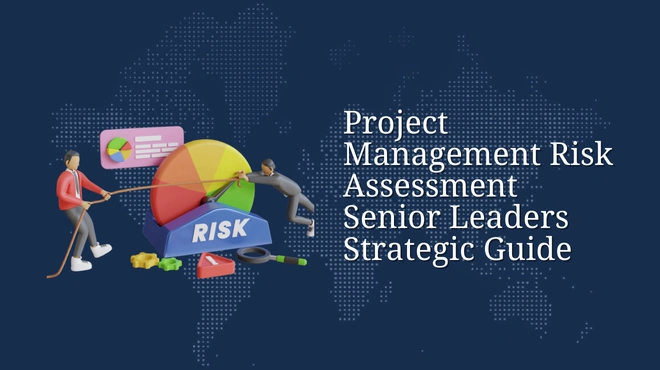
Project Management Risk Assessment Senior Leaders Strategic Guide
Master project risk assessment with a clear 5-step process and learn how qualitative vs quantitative methods ensure smarter

How to Become a Game Developer: Steps, Skills
10+ year pro? Learn the strategic steps to become a Game Developer, mastering C++, Game Engines, AI, and
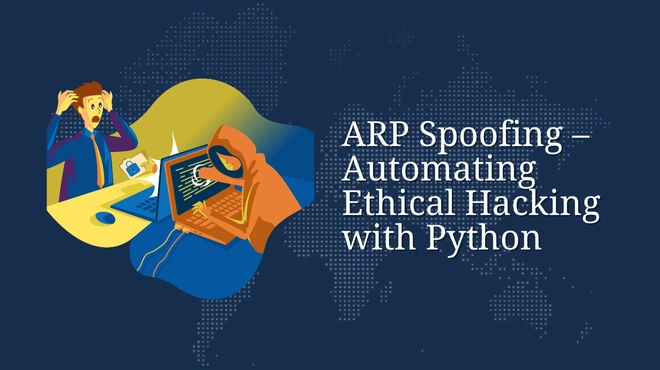
ARP Spoofing – Automating Ethical Hacking with Python
Master ARP Spoofing with Python & Scapy: Learn ARP Poisoning Mechanics, Ethical Hacking Defenses, and Enterprise-Grade Mitigation Strategies


